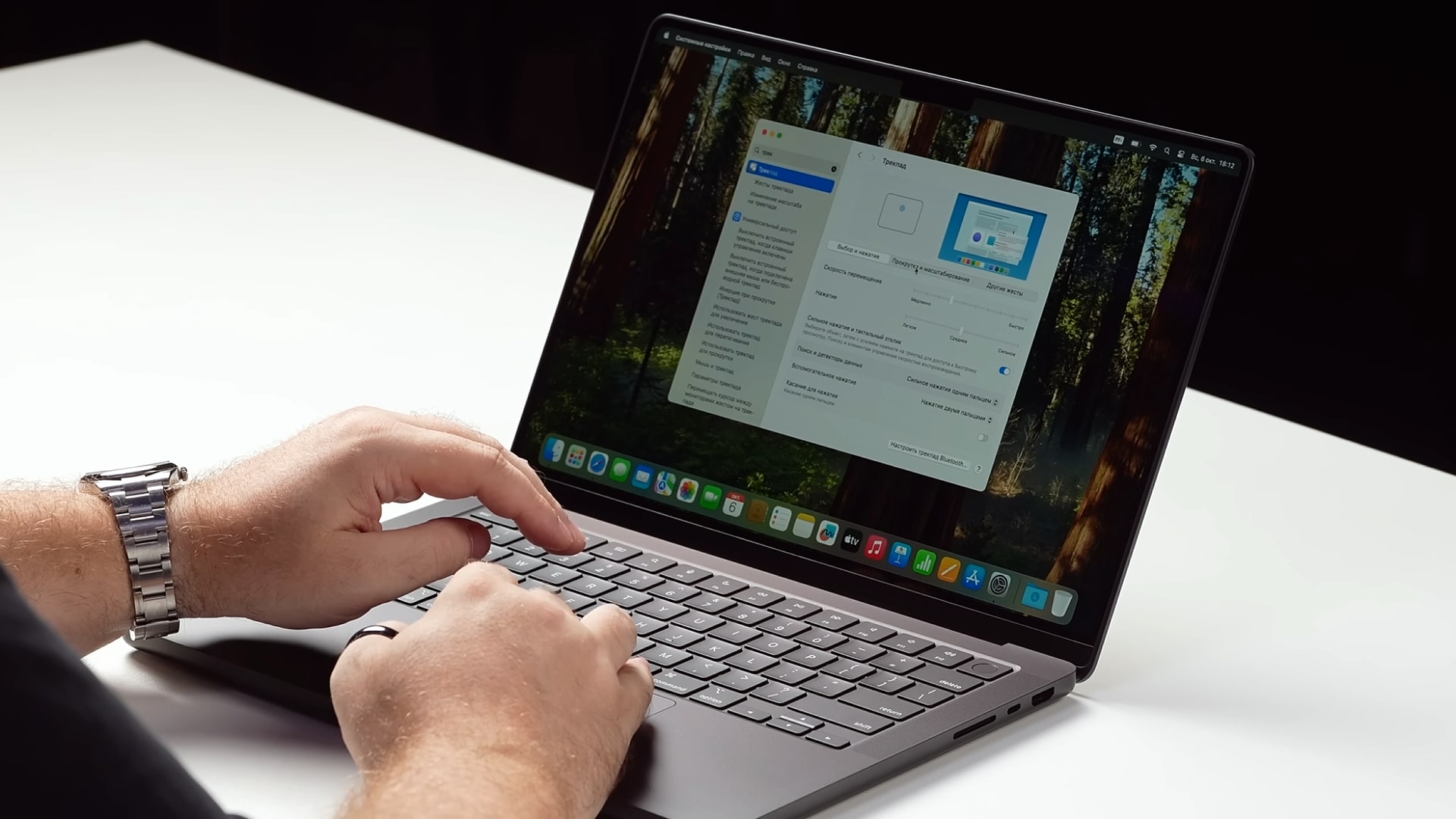@allciaravy Leaks & Info: What You Need To Know Now [2024]
Is the allure of exclusive content, the thrill of the forbidden, and the promise of unfiltered access truly worth the potential ethical and legal ramifications? The unauthorized dissemination of private material, often categorized as "leaked" content, is a complex issue, intertwining privacy violations, copyright infringement, and the exploitation of individuals.
The digital landscape is vast and ever-evolving, providing both unprecedented opportunities for connection and communication, as well as opening up avenues for misuse and exploitation. Social media platforms and content-sharing sites are teeming with activity, and it is often difficult to discern the authentic from the fabricated, the authorized from the unauthorized. It is within this environment that the phenomenon of "leaked" content flourishes, raising crucial questions about consent, ownership, and the ethical boundaries of online behavior.
The subject of this article concerns the online persona known as "@allciaravy," also identified as Alicia (aliciaravy). This individual's presence on platforms like OnlyFans, where creators offer exclusive content to subscribers, has become the focal point of a controversial narrative. The crux of the matter revolves around the alleged "leak" of content associated with her OnlyFans profile, sparking a debate about the ethical implications of accessing and distributing such material without consent.
The initial reports and subsequent discussions on various online platforms suggest that images and videos, purportedly originating from @allciaravy's official OnlyFans page, have been circulating without authorization. Specific details mentioned include a reported collection of 177 photos and 32 videos that were seemingly accessible outside of the intended subscription model. This unauthorized dissemination raises fundamental questions about copyright, privacy, and the potential damage to the creator's reputation and well-being.
The spread of such content is frequently facilitated through various online channels. Some websites explicitly offer access to "leaked" materials, while others provide platforms for sharing erotic images and videos, which are presented as free content. The proliferation of such content creates an environment where individuals' privacy is vulnerable, and the potential for exploitation is heightened. The rapid dissemination of digital information makes it challenging to control the spread of unauthorized content, adding to the gravity of the situation.
Furthermore, the use of social media platforms, such as TikTok, and content-sharing websites like Kwai, adds complexity to this issue. These platforms can inadvertently become distribution channels for "leaked" content, which increases its accessibility and broadens its reach. This raises questions about the platforms' responsibility in monitoring and controlling the content that is being shared on their sites. It also brings into focus the potential for misinterpretation, as content might be presented without its original context or purpose.
- Dr Umar Johnson Information Booking Guide Find Out Now
- Duy Szwajcarski Pies Pasterski Wszystko Co Musisz Wiedzie
The following table offers a hypothetical overview, compiling relevant information based on the provided context and typical creator profiles. This is presented for informational purposes only, as specific verifiable data is limited by the nature of the subject matter.
| Category | Details |
|---|---|
| Real Name (Speculated) | Alicia (Based on the context) |
| Online Alias(es) | @allciaravy, aliciaravy |
| Primary Platform (Speculated) | OnlyFans (Based on the context) |
| Content Type (Speculated) | Adult-oriented photos and videos (Based on the context) |
| Alleged "Leaked" Material | Photos and videos from the official OnlyFans profile |
| Estimated Number of Photos (Reported) | 177 (Based on context) |
| Estimated Number of Videos (Reported) | 32 (Based on context) |
| Potential Associated Platforms | Erome, Kwai, TikTok, bestpornstars (Based on context and common usage) |
| Legal/Ethical Considerations | Privacy violations, copyright infringement, potential for exploitation, reputational damage |
| Reference Websites (Hypothetical, for illustrative purposes) | OnlyFans Official Website (This is to highlight a legitimate platform, and should not be interpreted as an endorsement of the behavior discussed.) |
The ethical ramifications of consuming and sharing "leaked" content are significant. When content is obtained and distributed without the creator's consent, it violates their privacy and infringes upon their intellectual property rights. Such actions can cause emotional distress, reputational damage, and even have legal consequences for both those who share the content and those who consume it. It is essential to consider the human element behind the content and the impact that unauthorized distribution can have on the individuals involved.
Furthermore, the issue of consent plays a crucial role. Consent in the context of intimate content creation means that the individual has willingly and knowingly agreed to share the content under specific terms. When content is "leaked," this consent is violated. It is a betrayal of trust, and it underscores the importance of respecting individual boundaries and rights.
The prevalence of such material online has spurred the growth of communities built around sharing and enjoying this content. Websites, forums, and social media groups facilitate the exchange of "leaked" photos and videos, normalizing behavior that can harm creators. The normalization of this practice creates a chilling effect, potentially discouraging individuals from creating content or participating in online platforms where their privacy might be at risk.
The motivations for distributing "leaked" content vary. Some individuals may be driven by a desire for access to material they are unwilling to pay for. Others may seek to gain notoriety or to participate in communities that share this kind of content. Regardless of the motivation, the impact remains the same: the violation of privacy and the potential for harm to the creator.
In addition to the ethical concerns, there are also potential legal ramifications associated with obtaining, sharing, and distributing unauthorized content. Copyright laws protect creators' rights to their work, and the unauthorized reproduction or distribution of copyrighted material can lead to legal action. Depending on the jurisdiction, individuals involved in these activities may face significant penalties, including fines and imprisonment.
The discussion extends beyond the actions of those involved in "leaking" the material to encompass the platforms that host and facilitate the sharing of the content. Social media sites and content-hosting platforms have a responsibility to protect their users from privacy violations and copyright infringement. Some platforms have implemented measures to detect and remove unauthorized content, but the speed and scale of distribution continue to present a challenge.
One of the complexities within this discussion lies in the ambiguity that is often present within the online world. Many individuals do not fully understand the legal and ethical consequences of their actions. Educational initiatives, aimed at raising awareness about the ramifications of sharing "leaked" content, are essential for promoting responsible online behavior. It also provides a platform for dialogue and discussion, allowing individuals to analyze their ethical compass within the context of the digital age.
The comments that individuals have made concerning this situation suggest the variety of viewpoints on this topic. Some individuals may express a casual interest in accessing the "leaked" material, while others may express concern for the creator's well-being and privacy. The dialogue surrounding such content often encompasses considerations of consent, the rights of creators, and the responsibility of users. This multifaceted discussion highlights the need for nuance and careful consideration in addressing this sensitive subject.
Additionally, the impact of "leaked" content extends beyond the individual creator. It affects the broader ecosystem of online content creation. When creators' work is subject to unauthorized distribution, it can undermine their ability to monetize their content and to build sustainable careers. This, in turn, can diminish the incentive for content creators to produce original work, thus impoverishing the diversity and creativity found within the digital realm.
The use of search terms such as "@allciaravy leaked+onlyfans" and "@allciaravy+leaked" underscores the demand for this type of content. By understanding the motivation behind the demand, it is easier to address the core of the issue. It is important to recognize that this demand is often driven by curiosity, a desire for exclusivity, or other factors, but the unethical act of consuming and sharing "leaked" content remains regardless.
The presence of platforms like Erome, a site described as a place to share erotic pictures and videos, as well as mentions of sites like bestpornstars, suggests a complex web of content sharing. Erome's potential role in disseminating unauthorized material adds a dimension of complexity. The ethical implications of utilizing such platforms, as well as the challenges faced in monitoring and regulating content, merit close consideration.
The narrative also includes anecdotal observations, such as references to "Alicia video set #3 pictures and videos on erome." It is worth noting that such references often highlight content of an adult nature, indicating the nature of the material being discussed. The fact that this particular content set is available on erome underscores the complexity of the situation and the need for careful analysis.
The context of the situation highlights potential elements of exploitation, as is evidenced by references to "fresh nude content for free." This language often indicates a potential for the commercialization of someone's intimate content without their consent, a practice that raises severe ethical and legal questions. Such examples of exploitation highlight the vulnerability of individuals in the digital world and emphasize the need for robust protections and safeguards.
There are references to the use of social media platforms such as Kwai, as well as discussions that suggest that this content has been distributed in different ways. The inclusion of these platforms underscores the widespread availability and accessibility of "leaked" material, as well as the significant challenges involved in removing the content from the online sphere.
The personal information provided by Alicia herself, such as "Hi im alicia let me cheer for you," shows a window into her motivations for creating content. The personal statement adds to the human element within the discussion, and makes the ethical complexities surrounding the subject even more clear. However, any "cheering" on a football match should never come at the cost of someone's private life, and all steps should be taken to ensure their privacy is respected.
The emergence of the narrative underscores the constant challenges of balancing creativity, freedom of expression, and privacy in the digital world. The proliferation of unauthorized content is indicative of the continuing struggle to protect the rights and interests of creators and to prevent the exploitation of individuals. Through continued dialogue, education, and the establishment of strict regulations, it may be possible to strike a balance between the promotion of free speech and the safeguarding of privacy.
- Chris Zylka Arrest Charges Career Highlights Latest News
- Greater Swiss Mountain Dog Guide Breed Info Tips

The M4 MacBook Pro leak circus just got even wilder TechRadar

Leaked Samsung Galaxy Z Fold 6 renders show a boxy, boring phone

Samsung Galaxy Unpacked as it happened Galaxy Watch Ultra, Galaxy